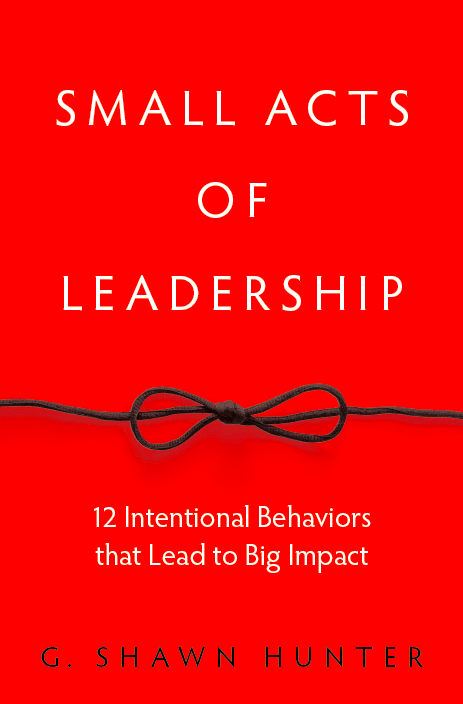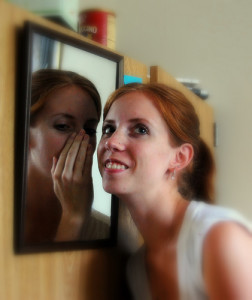The Words You Use Can Change Your Life
Our words matter. We can lose more weight, save more money, smile more, and make a greater impact on the world around us simply by changing the words we use.
The language we use counts. The words, phrases, and verb tenses we use affect the way we see the world and the decisions we make every day. The language we use interacting with other people doesn’t just impact them, it impacts our own thinking and behavior.
As Keith Chen illustrates in his research, languages around the world which are “tenseless” have societies in which people save more money for retirement, are less obese, smoke less, and use more condoms. In general they have healthier, and more stable, economies and cultures than those countries which use “tense-based” languages. As Chen points out, Chinese is a “future-less” language in that one can say, “Yesterday it rain,” “Now it rain,” “Tomorrow it rain,” which all sound very strange to an English speaker. Similarly in Finnish, the speaker would say, “Today it snows.” and “Tomorrow it snows.”
As a result of our English “futured” language, we interpret the future as more distant, more remote, and less immediate. So we make decisions which give less merit to our future self. Whereas in “future-less” languages, our current and future self are the same, and because they are the same we make more conscientious and thoughtful decisions to take care of our future self.
Here’s another example of how our language shapes how we think. In the Australian aboriginal Kuuk Thaayorre language, they don’t use directional expressions such as “left”, “right”, or “forward”. Instead they use sixteen unique compass directional expressions equivalent to our “North”, or “Southwest” and even “North-northeast”. As a result they have a heightened sense of spatial awareness and an ability to navigate accurately even when in foreign and unknown territories.
Directional expressions such as left, right, or forward are all egocentric. That is, these directional expressions are relative to you, the individual, whereas North or Southwest are absolute directions, which force the individual to consider themselves in the context of where they are at the moment.
Using directional language which is not relative to which direction you are facing is an ego-less understanding of geography. As a result, Kuuk Thaayorre speakers have a much more refined sense of spatial orientation and direction.
And there are language shifts we can make in our everyday interactions that will make measurable differences. We can shift from the language of complaint to the language of commitment, shift from blame to responsibility, and shift from the language of helplessness to using words that focus on what we can control.
In their book Words Can Change Your Brain, authors Andrew Newberg, M.D. and Mark Robert Waldman demonstrate that the words we use can, quite literally, change our brains:
“As our research has shown, the longer you concentrate on positive words, the more you begin to affect other areas of the brain. …which changes your perception of yourself and the people you interact with.
A positive view of yourself will bias you toward seeing the good in others, whereas a negative self-image will include you toward suspicion and doubt. Over time the structure of your thalamus will also change in response to your conscious words, thoughts, and feelings, and we believe that the thalamic changes affect the way in which you perceive reality.”
If we are all making our own realities, let’s make it a good one.
- Join my Email updates for regular updates on leadership and life
- Learn more about my Speaking work
- ____________________________________________________

Twitter: @gshunter
Say hello: email@gshunter.com
Web: www.shawnhunter.com



